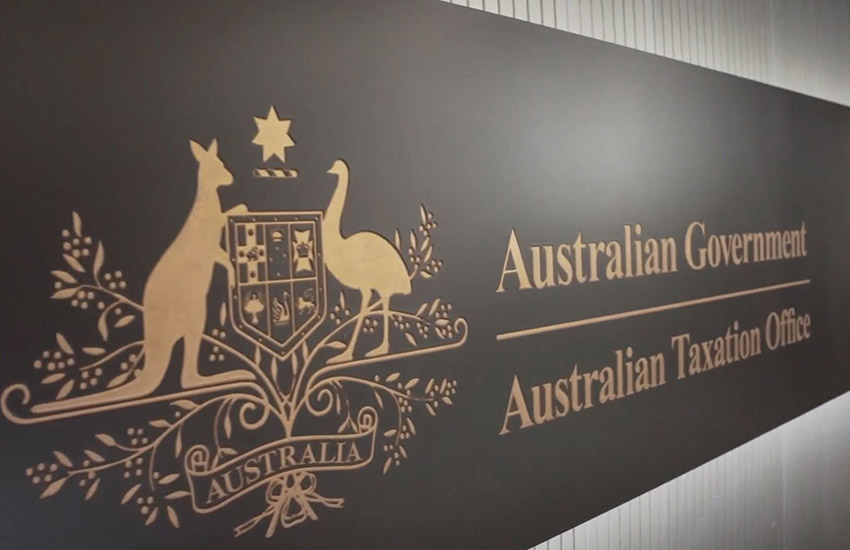In the new auditor independence standards, ATO guidance states that even where a firm is able to show that they do not assume any management responsibility for an SMSF audit client and any accounting or bookkeeping services provided to the trustees are “routine or mechanical”, they must still address any independence threats that are not at an acceptable level.
They must either eliminate the circumstances, including interests or relationships creating the threats or apply appropriate safeguards, where available and capable of being applied, to reduce the threats to an acceptable level.
You’re out of free articles for this month
Whether an appropriate safeguard is available and capable of being applied will depend on the circumstances. However, appropriate safeguards may consist of either using professionals who are not audit team members to perform the service or having an appropriate reviewer who was not involved in providing the service review the audit work or service performed.
As part of its new update to the independence guidance, the Appropriate reviewer requirements has now been added to the guidance, providing the meaning of “appropriate reviewer” as described in the code and the importance of ensuring they provide an objective review.
This also includes how an appropriate reviewer may use a sampling approach in a situation where independence threats arise and what evidence the ATO expects to see documented on the audit file by the appropriate reviewer.
Defining the ‘appropriate reviewer’
The term “appropriate reviewer” is described in the code as meaning “a professional with the necessary knowledge, skills, experience and authority to review, in an objective manner, the relevant work performed or service provided”.
The ATO noted this means an appropriate reviewer may also be impacted by the same threats as the auditor.
For example, another SMSF auditor working at the same firm who is considering acting as an appropriate reviewer may also benefit from the fees generated by the large referral source and is likely to experience the same self-interest and intimidation threats.
“These threats might impact the internal reviewer’s ability to perform reviews in an objective manner. Accordingly, the appropriate action may be to engage another SMSF auditor external to the firm to conduct the review of the audits,” the ATO said.
“Appropriate reviewers need to use their professional judgement when determining whether they can undertake reviews in an objective manner.”
Professional judgement is also required to determine the nature and extent of procedures to be performed by the appropriate reviewer, to reduce the independence threats to an acceptable level, according to the ATO.
On the audit file, the ATO said it expects to see the appropriate reviewer’s documented notes that explain the steps taken to complete the review, and the outcome of the review, including whether the appropriate reviewer concluded that the auditor’s reports were appropriate in the circumstances.
“A sampling approach by the appropriate reviewer might be suitable in situations where independence threats arise from the auditor receiving a large proportion of their fees from the one referral source,” the ATO noted.
“In this case, we would also expect to see the appropriate reviewer’s documented notes on the audit file that explain why sampling is an effective approach to the review, and what sampling methodology was applied.”
If a sampling approach is adopted, the ATO noted it would expect a risk-based selection of the sample of funds for review.
“It should be representative of all the SMSF audits, ranging from simple to complex funds,” the ATO said.
“However, we would also expect the sample to include a significant proportion of the more complex funds where the auditor exercised a higher level of professional judgement when conducting the audit.”
Tony Zhang
AUTHOR
Tony Zhang is a journalist at Accountants Daily, which is the leading source of news, strategy and educational content for professionals working in the accounting sector.
Since joining the Momentum Media team in 2020, Tony has written for a range of its publications including Lawyers Weekly, Adviser Innovation, ifa and SMSF Adviser. He has been full-time on Accountants Daily since September 2021.
You can email Tony at This email address is being protected from spambots. You need JavaScript enabled to view it.

 Login
Login







